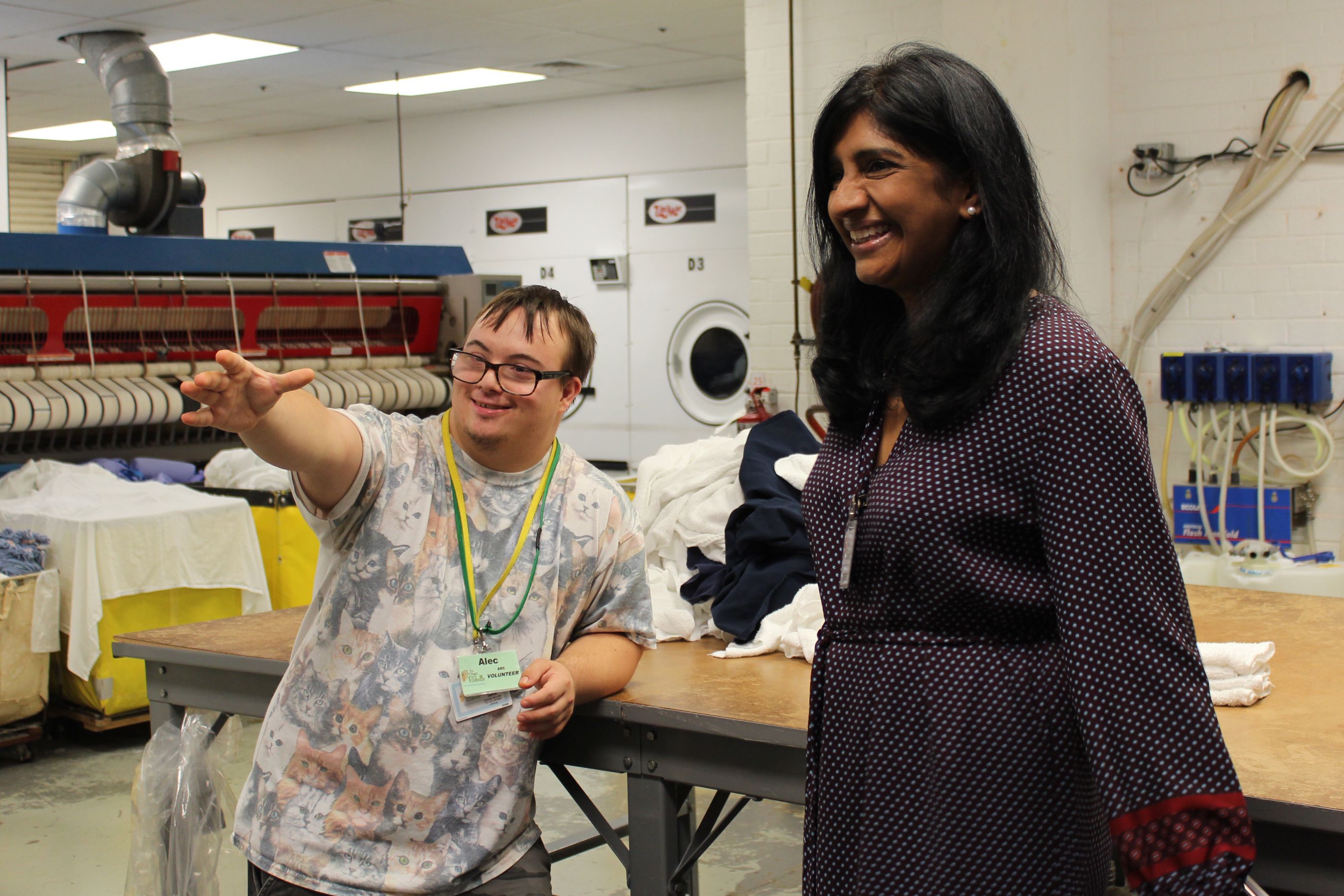ONE
Get to know legislators and their staff—their districts, constituencies, voting records, personal schedules, opinions, expertise and interests. Be sure to have a good understanding of the legislator and his/her concerns, priorities and perspectives. Staff members for the legislators, committees and resource officials are also important to know. These people are essential sources of information and have significant influence in some instances in the development of policy. Click here to identify your representatives.
TWO
Be brief, clear, accurate, persuasive, timely, persistent, grateful and polite when presenting your position and communicating what you need/want from the legislator or staff member. If you have a personal story about the issue at hand, relate it “in your own words.” Remember to be deliberate with your words and aware of the time. A great, two-minute “elevator pitch” can go much further than a long conversation. If they have follow-up questions, they will ask.
THREE
Be honest, straightforward and realistic when working with legislators and their staff. Don't make promises you can't keep. Never lie or mislead a legislator about the importance of an issue, the opposition’s position or strength and other matters.
FOUR
Be polite, remember names and thank those who help you―both in the legislature and in the public health advocacy community. Be sure to follow up with legislators and their staff with a thank you email or note. If you offer your assistance or promise to provide additional information, do so in a timely and professional manner. Be a reliable resource for them today and in the future.
FIVE
Learn The Legislative Process and understand it well. Keep on top of the issues and be aware of controversial and contentious areas.
For more information, please contact Chris Leacock, 301.984.5777 x1239.






